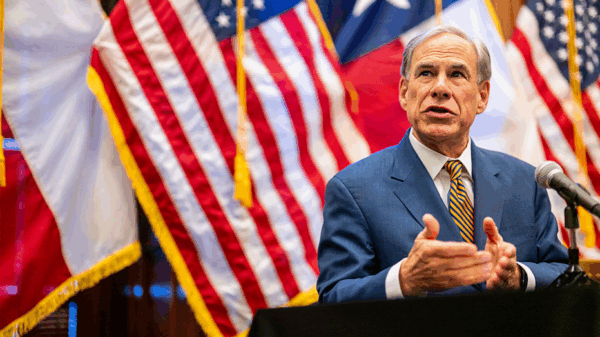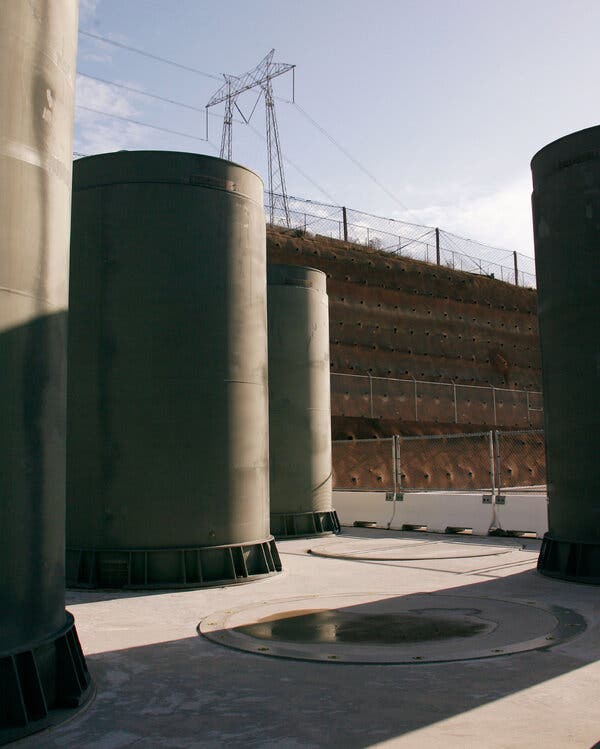UPDATE: At the United Nations climate conference in Belém, Brazil earlier this month, California Governor Gavin Newsom made a striking statement advocating for the revival of nuclear power. His comments mark a significant shift in dialogue surrounding energy sources, highlighting nuclear energy as a cornerstone of America’s low-carbon green growth strategy.
The urgency of this topic cannot be overstated. As states grapple with climate change and energy demands, Newsom’s plea comes as a direct challenge to the longstanding bans on nuclear energy. California’s law from 1976, which effectively prohibits new nuclear facilities until the federal government resolves waste management, has left the state in a precarious position.
Across the nation, New York State and companies like Google are actively pursuing nuclear energy solutions to transition from fossil fuels. However, California remains hindered by its restrictive policies, which reflect a broader trend; 15 other states have also imposed similar bans or restrictions. Alarmingly, nearly all of these states, many of which are predominantly Democratic, maintain moratoriums that could impede progress toward a sustainable future.
Newsom emphasized that the narrative around nuclear power is changing. “Nuclear has evolved from being a controversial source to a viable option for tackling climate issues,” he stated, urging lawmakers to reconsider outdated policies. The potential for nuclear energy to contribute to emissions reduction is critical, especially as the world faces an escalating climate crisis.
As California pushes toward its ambitious goal of obtaining 100% of its electricity from carbon-free sources by 2045, the decision to shut down the state’s last operational nuclear plant raises serious concerns. This shift towards reliance solely on renewable sources like solar, wind, and hydro might not be sustainable without the inclusion of nuclear energy in the mix.
The implications are profound: if states continue to block new nuclear projects, they risk falling short of their climate goals. The call for revisiting these moratoriums comes at a pivotal moment when the impacts of climate change are increasingly evident, and innovative energy solutions are urgently needed.
Looking ahead, states with restrictive nuclear laws must engage in meaningful discussions about their energy futures. The conversation surrounding nuclear energy is evolving, and with it, the potential for a cleaner, more sustainable America.
As the climate conference continues, expect further developments on this crucial issue. Will California and other states heed the call for nuclear energy? Only time will tell, but as discussions unfold, the stakes for our planet are higher than ever.








































































